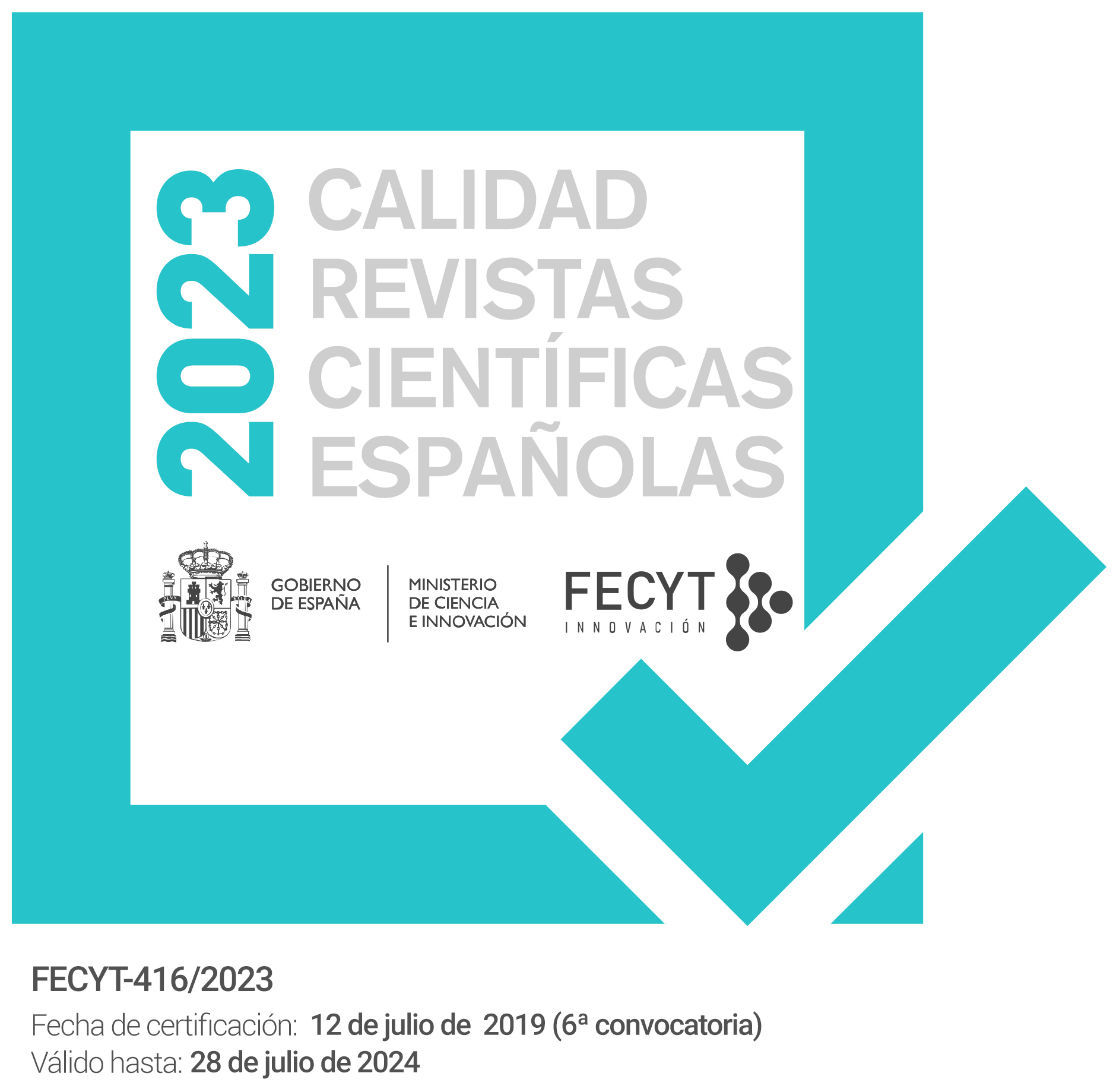Escultismo y educación física en Canarias (1912-1920)
Keywords:
Boy Scouts, historia de la educación física, historia de las Islas Canarias, physical education history, Canary Islands historyAbstract
Uno de los movimientos juveniles que mayor repercusión ha tenido en la historia de la educación ha sido los Boy Scouts. Fundado en 1907 por el general Baden Powell, tenía como fin la mejora social de la juventud inglesa. La extensión de la asociación scout fue rápida y en todo el mundo. En España, al igual que en Canarias, fue introducida en 1912 por los militares. Entre los principales puntos de la pedagogía scout está la importancia de la educación física en el desarrollo del ser humano como parte integrante de su educación. Precisamente, la educación física y su extensión en Canarias deben mucho al escultismo. En el presente artículo trataremos de determinar los orígenes de la asociación en las islas, con especial incidencia en el consejo local de la ciudad de Las Palmas de Gran Canaria, así como la trascendencia que tuvo en la juventud la incorporación de la educación física como parte de la educación general.
One of the most important youth movements in the history of education has been the Boy Scouts. Founded in 1907 by General Baden Powell, whose aim was to improve the social conditions of the English youth. The wide- ranging scope of the scout’s association developed rapidly across the globe. In Spain, as in the Canary Islands, it was started in 1912 by the military. Its main educational functions include physical education in developing the personal growth of human beings as an integral part of their overall education. Indeed, physical education and its development in the Canary Islands owe much to the scout movement. In the present paper we will explore the origins of the association in the islands, with emphasis on the local council in Las Palmas de Gran Canaria.
Downloads
Downloads
Issue
Section
License
The articles are open access distributed under the terms of the Creative Commons Attribution-NonCommercial-NoDerivatives (CC BY-NC-ND) Spain 4.0 license. Authors who publish in this journal agree with the following terms:
a) Authors retain the copyright and guarantee the journal the right to be the first publication of the work as well as licensed under a Creative Commons Attribution License that allows others to share the work with a recognition of the authorship of the work and the Initial publication in this magazine.
b) Authors may separately establish additional agreements for the non-exclusive distribution of the version of the work published in the journal (for example, place it in an institutional repository or publish it in a book), with recognition of its initial publication in this magazine.
c) Authors are allowed and encouraged to disseminate their work electronically (for example, in institutional repositories or on their own website) before and during the submission process, as it may result in productive exchanges, as well as a earliest and largest citation of published works (See The Effect of Open Access).



